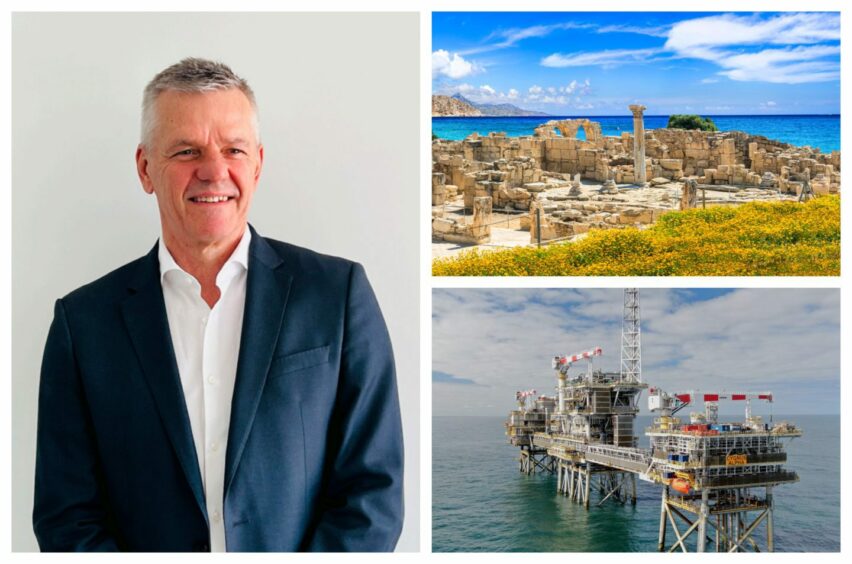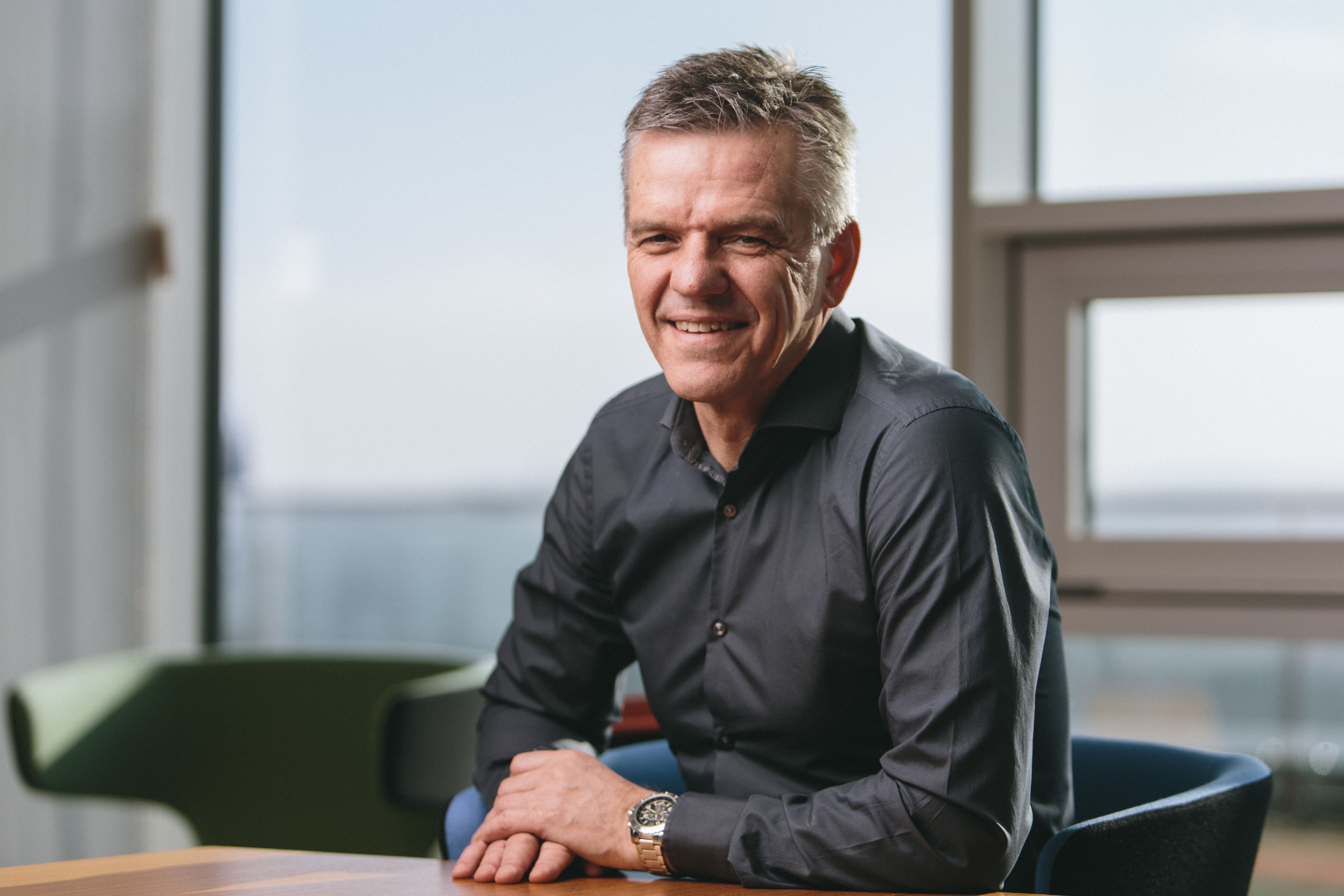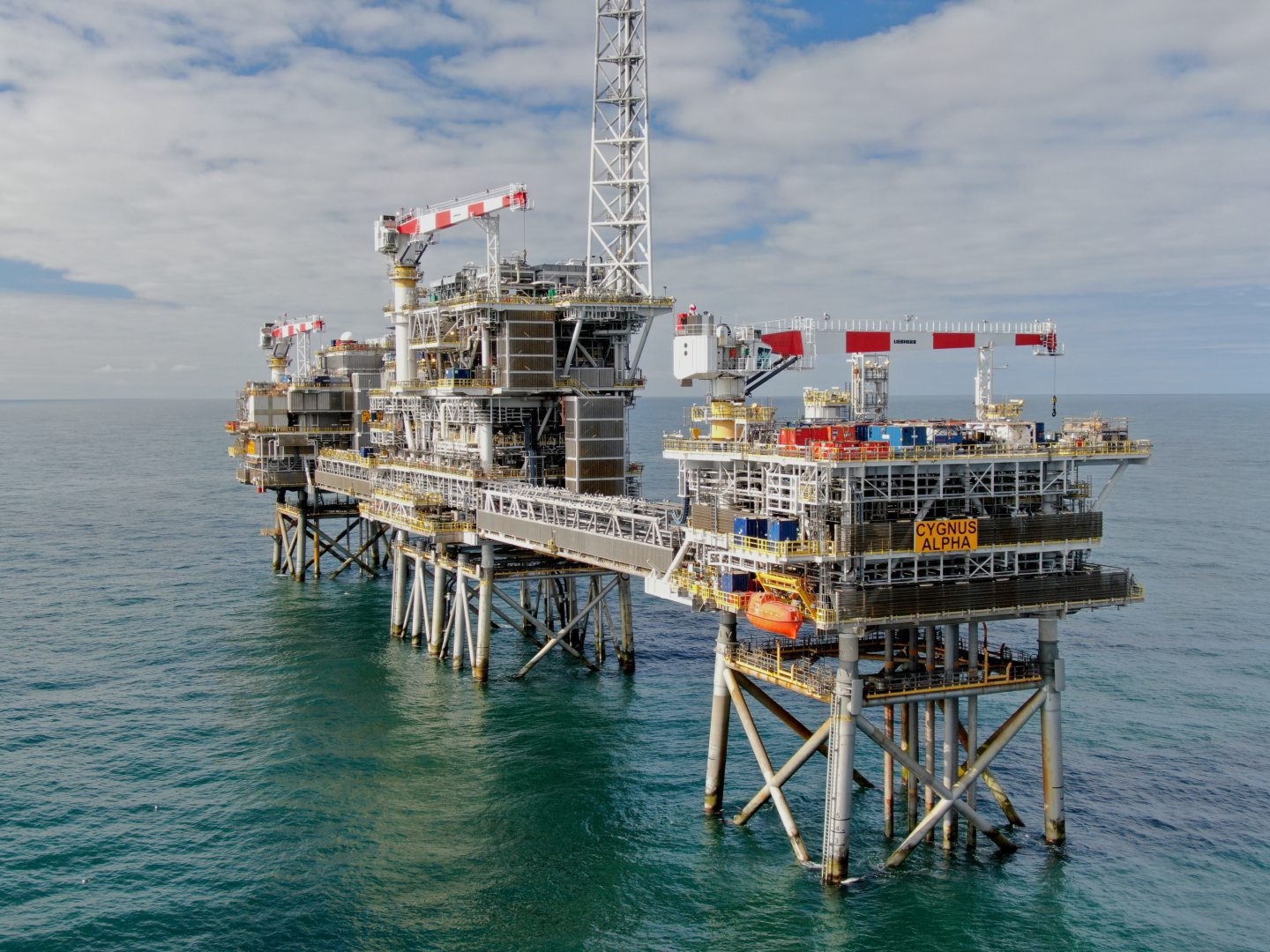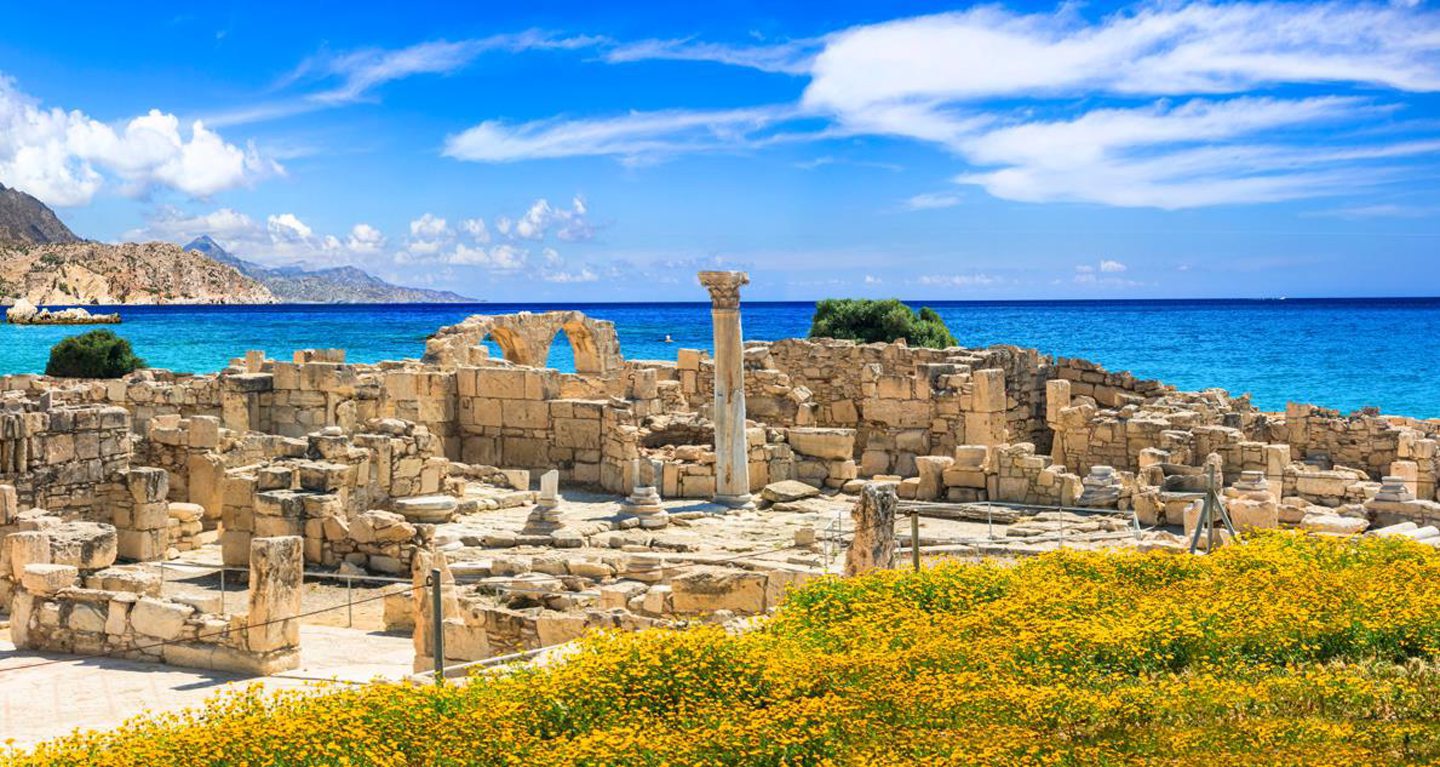
A “fundamental belief” that the UK should be developing its North Sea resources is the big driver behind Chris Cox’s new vehicle, Curium Resources.
Installed as CEO in November, and with a team including chairman Graham Stewart, the former head of Faroe Petroleum, they’re going after known, untapped discoveries to play for in the UK’s 33rd licensing round.
With a short window to get bids in, the Curium team made their alliance, and bolstered their line-up by joining forces with Southern North Sea-focused Painted Wolf Resources, who were going for the same acreage, and Australia’s Triangle Energy.
“There’s that fundamental belief that these resources should get developed, so why should it not be us?
“We all spent decades working for other companies making these things happen, and there is a little bit of a frustration that some of things are not getting developed and we worked with some of the companies that failed to do it, frankly.
“And so, we’ll go and do it on our own.”
Where are they targeting? Acreage in the V-fields area in the southern North Sea is one piece, along with the Greater Pegasus Area – an asset Cox was aware of from his time as CEO of Spirit Energy.
The latter was how Painted Wolf came on board; the Curium team sought support on geological and geophysical (G&G) surveys, so they decided to approach Painted Wolf on the subsurface section of the application.
“They said ‘well, not really, because we’re writing one for ourselves’ – so they were looking at exactly the same acreage that we were after, we were going to be competing.”
Curium has experience in developments, Painted Wolf is G&G, and combining those skill sets was the way to go.
“We said it doesn’t make sense to compete. We’d have a really strong application jointly – why don’t we join forces to do that, so we did.”
Curium is also going after acreage in the V-fields area, Vulcan and Valiant, “which are two ex-ConocoPhillips fields which we think were abandoned too early and we think have still got a lot of resources there”.
Pegasus and 33rd licensing round
Pegasus is an intriguing untapped asset, and a prize to get after.
A 2014 appraisal confirmed commercial gas, with the development having been targeting reserves of 83 billion cubic feet (bcf) of gas, around 14.5 million barrels of oil equivalent (boe).
“I knew the asset from my time from my time at Spirit and I knew that it was it was a viable development,” says Cox.
“We’ve gone and done our own work to justify that and come up with a development plan.”
Most of the history around Pegasus, and why it hasn’t been developed so far, is public domain.
Spirit confirmed in March 2022 that it would not proceed with the Pegasus West find, which followed Centrica’s public decision the prior December to put Spirit in “run-off mode”.
Those events were preluded by a long-running dispute between Spirit and Neptune Energy over an offtake at the Cygnus platform, which saw Pegasus delayed in 2019. The pair had aimed for a final investment decision in Q1 2022.
Looking at the 33rd round as a whole, with awards expected later this year, Cox says Curium is “excited about the process”.
“We think we’ve put in some pretty aggressive bids in terms of work programme and pace. So we’ll wait and see.
“We know the assets that we’re going after will be in high demand, we’ve heard about other companies that are bidding for the same things, but we think we’ve got a pretty decent chance of picking them up.
“But we’re not sitting here counting on that, we’re also looking at what other assets we could get into in the meantime. Things that other people own at the moment that are not getting developed for one reason or another where maybe we could help.”
One example of that is a company in the East Irish Sea which has gone to Curium for support in development.
“We are interested in those kind of things and particularly if we don’t get the 33rd round licences then we spent enough time working on this kind of stuff now that we know how we can make it work.”
Funding
Right now, the team are working for “sweat equity,” which Cox says underlines the group’s belief in the model.
If they’re awarded licences, they will need to pay for them out of their own pockets, but the team are hunting for partners and further funding in coming months with a view to development.
“We built some relationships with banks, with infrastructure companies that that might help fund developments, we’re looking at offtakers at the gas who might be willing to fund part of it.
“We will eventually need some equity funding to go in and that’s something we’re going need to work on over the coming months – either private money or a partner that wants to farm in.”
“We believe in this,” says Cox, who feels passionate about the further development of resources, especially when some banks and investors have turned away from fossil fuels.
“I do have a real concern that we end up with an energy shortage, and that’s global not just in the UK, because people are not investing in hydrocarbons nowadays and this is one of the things that’s driving us to do what we’re doing.
“If we don’t really get after putting money into gas, particularly, I think there’s going to be global energy shortages and that could be disastrous.”
They’re going after gas, not oil, and Cox addresses their reasons for that – including trying to make the case to investors – though insists it is “not black and white”.
Gas from the UK, he argues, is offsetting higher-carbon imports of LNG from other countries, and therefore is the clearest-cut argument.
“Oil is traded globally. Our gas that we produce in the UK will get consumed in the UK, will go to the UK households and will go to the UK industry.
“So, I can make very a sound argument that what we’re doing, what we’re planning to do is good for the environment.
“I would find it a bit more difficult to make that argument for oil. It’s just not as strong, and to be honest with you, one of our biggest. challenges as a company will be getting funding.
“And we’re going to find it easier to get funding for gas than we are for oil because banks will at least listen to an argument that there’s an energy security issue here for the UK and therefore gas is a little bit easier for banks to justify funding.”
Curium Resources – not the element
Anyone wondering where the name of the company comes from might have guessed at a chemical element of the same name.
A nice try, but it’s origins are actually much more niche.
“I’ve had people come to me who either saw me change my status on Linkedin or they saw the (earlier) article and said ‘why have you named it after a chemical, a radioactive element?’ And it’s not.”
It actually comes from Kuorion, an archaeological site in Cyprus (which translates to Curium from Latin).
“I went to a Junior School in Limassol. And it was called Curium Junior School, named after that archaeological site.
“And that’s when I got interested in geology was at that Junior School because we used to go on these field trips, and Cyprus has got fascinating geology. We just happened to have a teacher at the school with a geology degree who understood all that and would tell us about it on this field trip.
“So I got interested in rocks at Curium, and if I if I hadn’t done that, I wouldn’t have done a geology O-level at school, I wouldn’t have done a petroleum engineering degree and I wouldn’t have ended up in this industry.”
The school, we sadly report, is now “Curium Palace Hotel”, but its legacy lives on here.
“For me I trace it all back to my time at Curium as a 10-year-old rummaging around in Cyprus. That’s why it has a personal connection for me.
“And the rest of the team went along with it. They’re like, yeah, we like we like the sound of the name, we don’t really care where it came from, it sounds good!”
Recommended for you


 © Neptune Energy
© Neptune Energy © Supplied by Shutterstock
© Supplied by Shutterstock